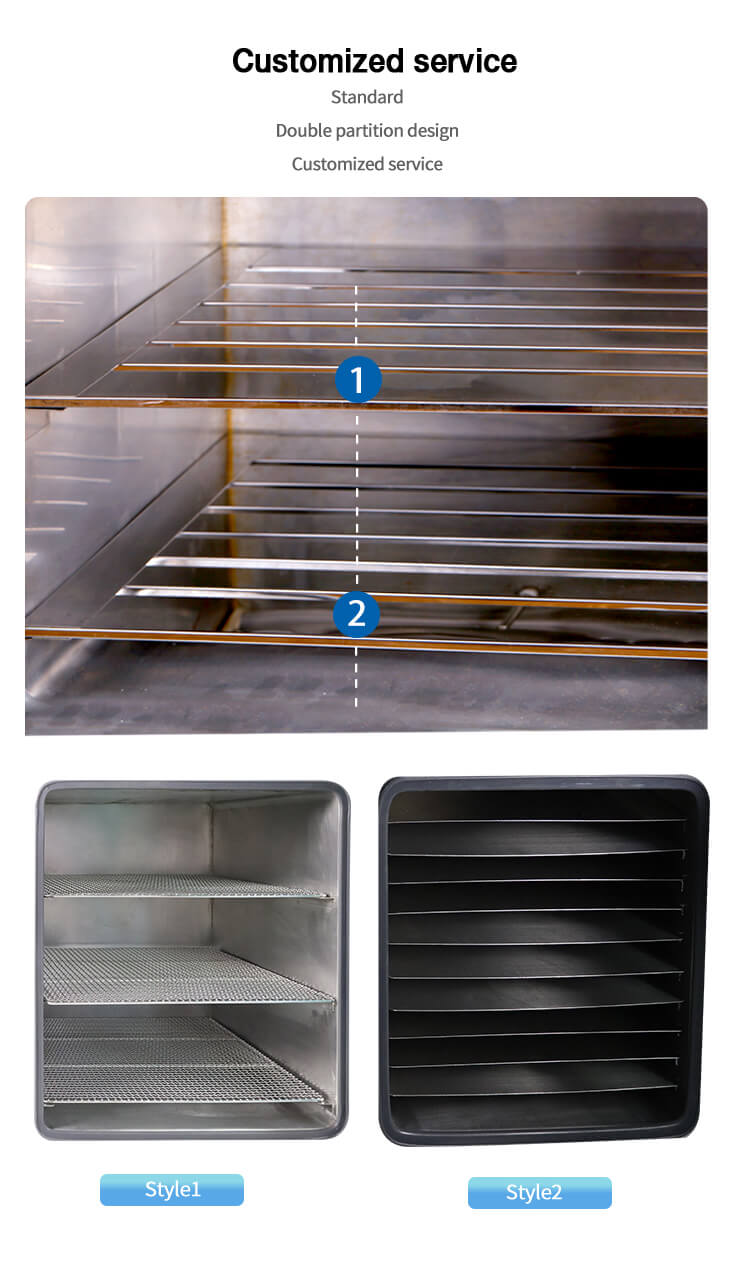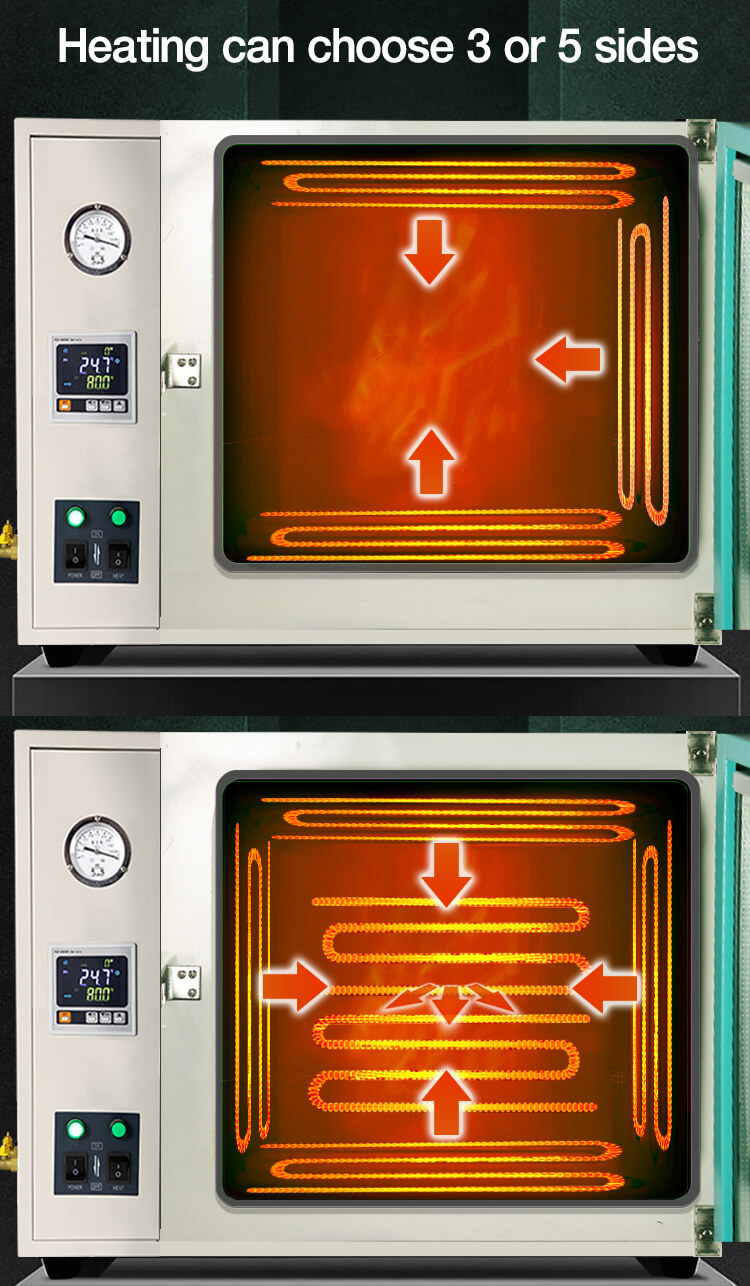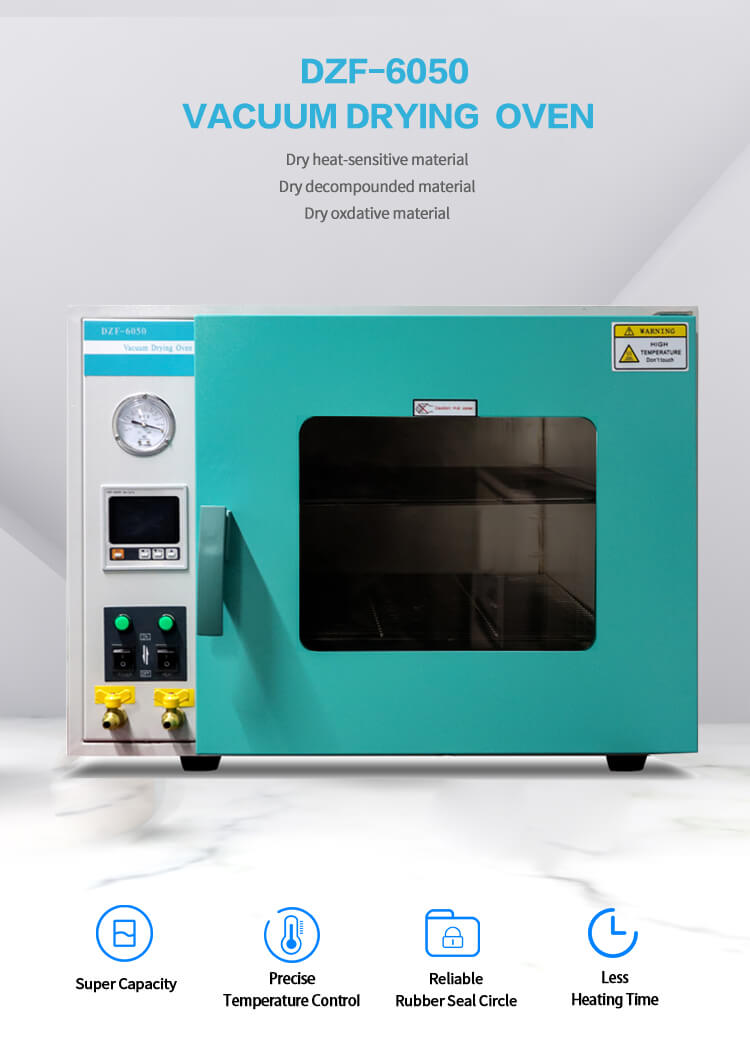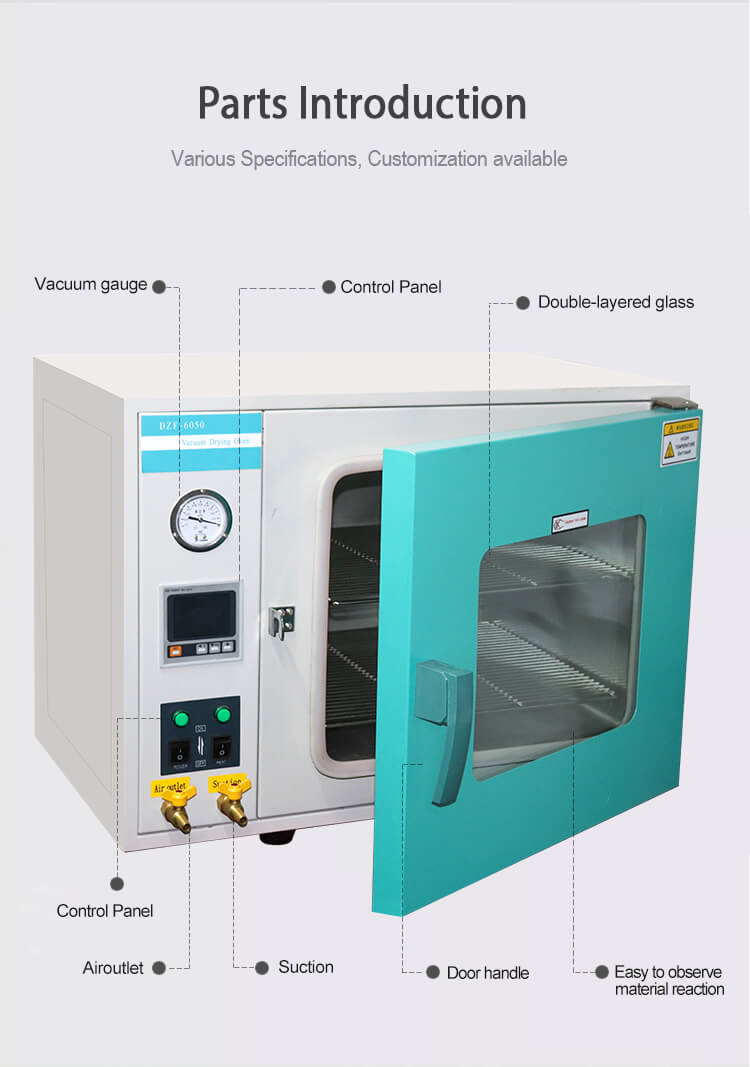In the world of science and technology, the process of drying plays a crucial role in numerous applications. Researchers and engineers are constantly seeking more efficient and effective methods to remove moisture from a wide range of materials. One such technique that has gained significant recognition is vacuum oven drying.
What is Vacuum Oven Drying?
Vacuum oven drying is a specialized method that combines the benefits of low-pressure conditions and elevated temperatures to expedite the drying process. Unlike traditional drying methods, such as air drying, this process reduces the boiling point of water, facilitating faster evaporation without degrading the material being dried. The vacuum oven itself contains an airtight chamber where the moisture is removed under controlled conditions, resulting in efficient drying and preservation of the material's integrity.

The Benefits of Vacuum Oven Drying
Vacuum oven drying offers several advantages over conventional drying techniques. Some of these benefits include:

- Precise Temperature Control: Vacuum ovens allow for accurate temperature regulation, which is essential for drying sensitive materials without compromising their quality.
- Faster Drying Times: The controlled low-pressure environment inside the vacuum oven enables rapid water evaporation, significantly reducing the overall drying time compared to traditional methods.
- Uniform Drying: Unlike some drying procedures that can lead to uneven moisture removal, vacuum oven drying ensures a consistent drying process throughout the material being treated.
- Preservation of Material Integrity: By utilizing low temperatures and reduced pressure, vacuum oven drying minimizes the risk of thermal or oxidative damage to the material, preserving its original characteristics.
Applications of Vacuum Oven Drying
Thanks to its efficient and controlled drying process, vacuum ovens find extensive use in various industries and research fields. Some notable applications include:

- Pharmaceutical Industry: Vacuum oven drying plays a critical role in the production of medications, allowing for accurate drying of active pharmaceutical ingredients and ensuring their stability and longevity.
- Food Processing: Vacuum ovens aid in drying food products such as fruits, vegetables, and herbs, preserving their nutritional content and enhancing their shelf life.
- Materials Science: Researchers use vacuum oven drying to remove moisture from samples and materials, providing uncontaminated surfaces for further analysis and experiments.
- Electronics Manufacturing: The precise temperature control offered by vacuum ovens is essential for drying electronic components and devices, preventing moisture-related issues and ensuring optimal functionality.
Conclusion
Vacuum oven drying has revolutionized the way we approach the drying process in various industries. Its ability to combine low-pressure conditions and controlled temperatures allows for faster, uniform, and damage-free drying, making it an indispensable technique for researchers, engineers, and manufacturers alike.






